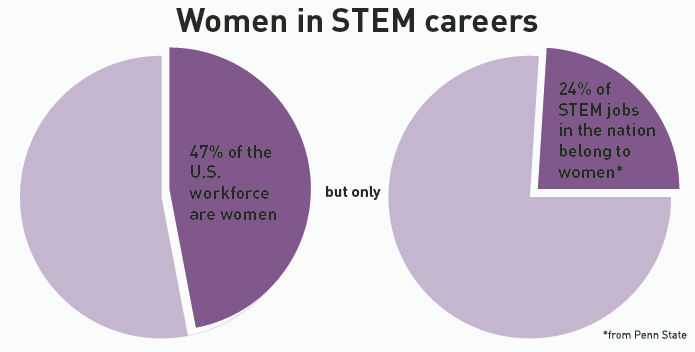Starlight Mints sweeten the pop world
June 7, 2001
If it hadn’t been for one small streak of luck, the Starlight Mints might not be twinkling in the pop rock galaxy today.
A couple of years ago, the Norman, Oklahoma-based band was running out of gas. They had toured. They had tried to get to get signed. Two members of the group were ready to settle down and get married.
Things just weren’t happening musically.
“We played in New York right before we disbanded,” says drummer Andy Nunez. “We were taking some trips and trying to get a record deal, basically to get someone to back us. We weren’t having very good luck. People started moving away. I was really thinking, `OK, we’re ready to get married and move on with our lives.'”
So the group temporarily went their separate ways. Nunez married fellow bandmate and keyboardist Marian Love Nunez. They’d had their kicks on the road. It was time to grow up.
Or so they thought.
It turned out that record execs from a new label, SeeThru Broadcasting, were in the crowd at that New York club and liked what they heard. And although SeeThru was born in 1999, its head-honchos were anything but new to the record industry.
Renowned producer Dave Sardy, who has sat behind the glass for the likes of Marilyn Manson, Slayer, and the Dandy Warhols, and experienced manager Kevin Wortis started up SeeThru to give unique bands a chance to breathe – away from major-label conformist pressure and indie-label money constraints.
And the Starlight Mints were exactly what Sardy and Wortis were looking for.
They offered the band a record deal.
“Of course as soon as we get married and think we’re going to become adults we’re out traveling around again,” Nunez says.
Soon afterward the band recorded their debut record, “The Dream That Stuff Was Made Of,” with the label, which almost immediately garnered favorable nods from the likes of industry pacesetters Village Voice, College Music Journal and Spin.com.
Since August, both Nunezes, singer Allan Vest, guitarist Charlie Land and bassist Javier Gonzales have been on the road in support of the release.
But the road to getting signed wasn’t short.
They started out as many bands do – out of college-town boredom and dissatisfaction with the guitar-saturated musical climate that was settling itself comfortably around them.
“I think that part of the reason we started playing together in the first place is that one thing we agreed on was that we were definitely quite bored with the majority of the bands we saw around,” Nunez says.
So Nunez and company set out to create something different.
“We were kind of trying to go for a mini-orchestra thing at first when we got together, because we had a lot of members,” Nunez explains. “We knew a couple of really good string players who were part of our group of friends, so we had them start coming to band practices.”
With so many members making contributions, a unique sound began to emerge – a quirky string-infused Baroque-pop tone that certainly accomplished their goal of setting themselves apart from the other Norman bands.
“Originally we had so many people involved and there was a lot of mixtures of people and what they grew up with,” Nunez says. “But I think that was one of our goals – to try to jam as many different styles as we could together.”
Critics have had trouble pinning one tag on these newcomers. In reviews of the Mints’ album, they have been compared to The Beatles, Pavement, Brian Wilson, Velvet Underground, The Kinks, even David Bowie.
“I think that we’re experimental in the sense of scientists – the science of trying to work on our song,” Vest explains. “We’re always going to be trying to improve our songs. Experimental might be the only word for that . . . I don’t think we’re straight pop. The diversity of the song is probably what we’re good at.”
Both Vest and Nunez look at songwriting and performing as a constantly evolving process. It’s this attitude that helps to make the Starlight Mints taste pleasantly different from all the other pop nuggets out there today.
“We’re not scared to mix things together and try to come up with something new,” Nunez says.
















